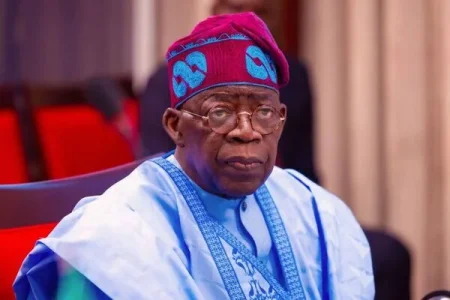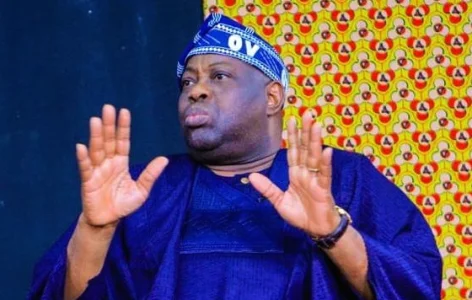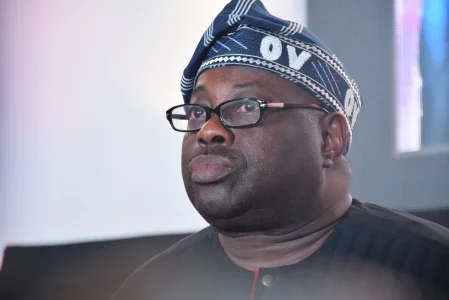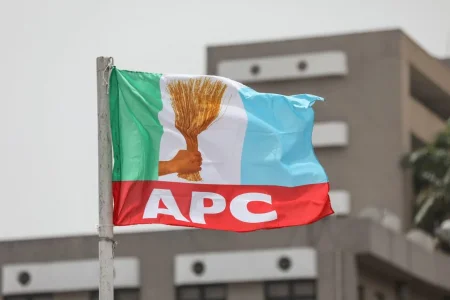
The Nigerian presidency dismissed a U.S. court ruling ordering the release of FBI documents on President Bola Tinubu, stating there’s “nothing new” to uncover. Spokesman Bayo Onanuga said the reports, dating back 30 years, do not indict Tinubu and are already public. Legal experts remain divided on implications.
The Nigerian government has responded to a recent U.S. court decision instructing the Federal Bureau of Investigation (FBI) to release documents concerning President Bola Ahmed Tinubu, saying the material contains no new or damaging information.
Presidential spokesperson Bayo Onanuga addressed the matter publicly on Sunday, asserting that the files being referenced have been in the public domain for decades and do not implicate the Nigerian president in any wrongdoing.
“There’s absolutely nothing new in those documents,” Onanuga stated. “These are reports from over 30 years ago, already accessible to the public. They contain no indictment or legal action against President Tinubu.”
The remarks followed a ruling last week by Judge Beryl Howell of the U.S. District Court for the District of Columbia. The decision was in response to a lawsuit filed by U.S. transparency advocate Aaron Greenspan, who claimed the FBI failed to comply with the Freedom of Information Act (FOIA) by not releasing documents relating to historical investigations into Tinubu and others.
In her ruling, Judge Howell rejected the FBI’s justification for withholding the records, calling it “neither logical nor plausible.” She ordered the agency to release the relevant documents, citing public interest.
At the center of the controversy is a decades-old case from the early 1990s, in which Tinubu reportedly surrendered $460,000 to U.S. authorities amid a broader investigation into drug trafficking and money laundering. Although the funds were confiscated, Tinubu was never charged with a crime, and he has consistently denied any wrongdoing.
While opposition voices in Nigeria have called for renewed scrutiny, government officials maintain that the president’s record is clear. “There is no basis for further controversy,” Onanuga said, adding that legal advisers are reviewing the U.S. court's order but do not foresee any significant implications.
Nigerians are divided on the potential fallout. Some view the release of these documents as a symbolic win for transparency, while others argue the legal and political consequences are likely to be minimal.
The FBI has yet to issue the documents, and it's unclear how soon they will be made available to the public. Greenspan, who leads the transparency project PlainSite, says he is committed to ensuring full disclosure.
For now, the Nigerian government insists that the matter is settled history—not a scandal revived.




